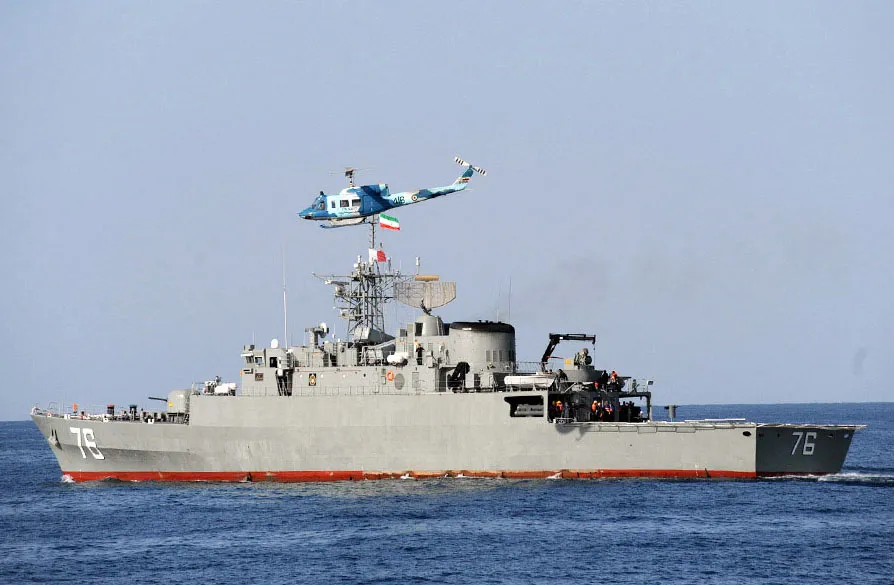Calls in the U.S. for expanding the U.S. nuclear posture in the Pacific, vis-à-vis China, may have an effect opposite to the “deterrence” that the proponents of nuclear force expansion claim to be seeking. Andrew Facini, a senior fellow at the Janne Nolan Center on Strategic Weapons at the Council on Strategic Risks, notes in an article in the Bulletin of the Atomic Scientists, that “the domestic debate about countering China’s growing arsenal has thus far dwelled almost exclusively on U.S. capability—narrowly defining the problem and asking what combination of new nuclear missiles, increased forward-deployments, or friendly technology-sharing can maintain U.S. dominance in a crisis and therefore deter China from taking aggressive steps….
“But in aggressively pursuing capability surges alone, the United States may end up on the wrong side of the stability-instability paradox, risking escalation to nuclear war—intentional or not—through an overreliance on introducing untested or provocative technologies,” Facini warns.



